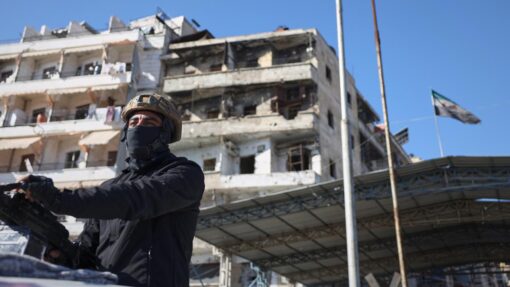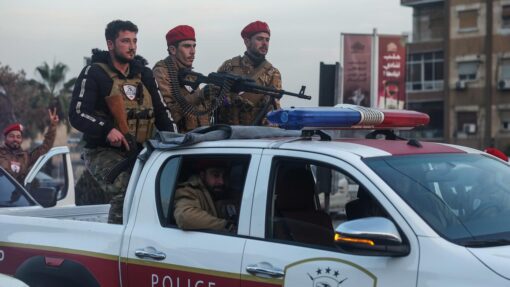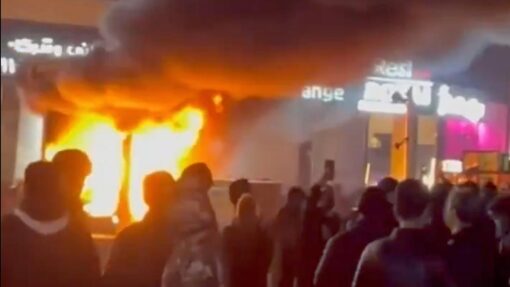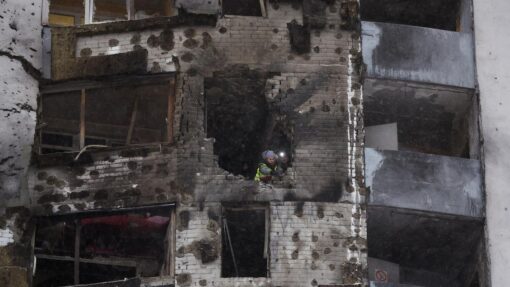Sudan’s factions say they agree to extend truce
Khaled Abdelaziz and Nafisa Eltahir |
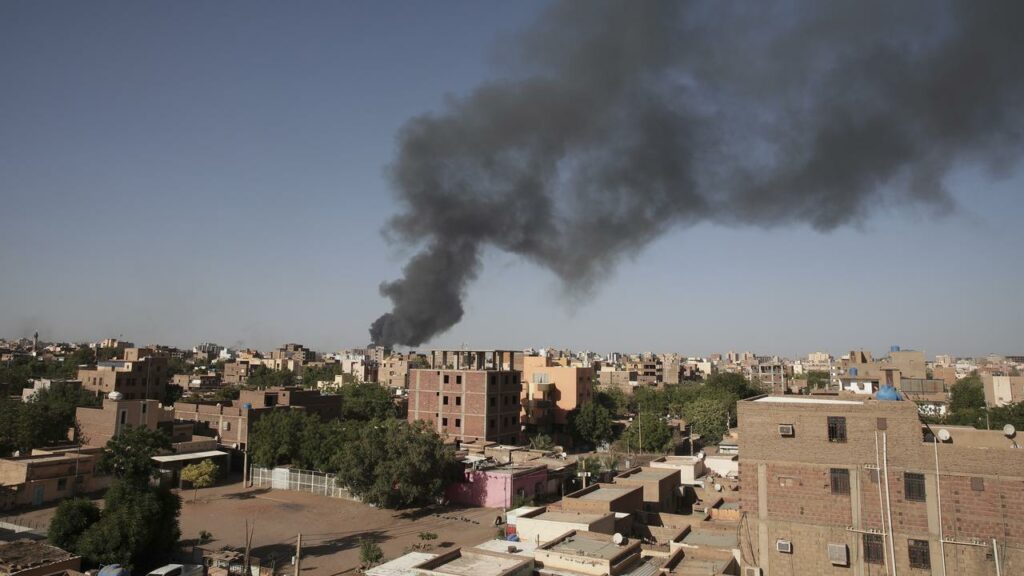
Sudan’s two warring factions say they will prolong a ceasefire agreement by 72 hours, but violence again rocked the capital Khartoum and the western region of Darfur.
Hundreds of people have died and tens of thousands have fled for their lives in two weeks of conflict between the army and rival Rapid Support Forces (RSF).
Together, they toppled a civilian government in an October 2021 coup but are now locked in a power struggle that has derailed an internationally backed transition to democracy and is threatening to destabilise a fragile region.
The army on Wednesday said it agreed to a new three-day ceasefire through Sunday following one due to expire on Thursday night. On Thursday, the military reiterated it would extend the truce and said it would honour it unilaterally.
Responding for the first time, the RSF on Thursday said it too approved another 72-hour truce starting on Friday. It said the proposal was from two diplomatic groupings that include the United States, United Kingdom, Saudi Arabia, the United Aarab Emirates and Norway.
The army claims it controls most of Sudan’s regions and is defeating a large RSF deployment in Khartoum where some residential areas have turned into war zones.
Despite a partial lull in fighting since the first 72-hour ceasefire started, air strikes and anti-aircraft fire could be heard on Thursday in the capital and the nearby cities of Omdurman and Bahri, witnesses and Reuters journalists said.
The White House said it was deeply concerned by the ceasefire violations, adding that the situation could worsen at any moment and urging US citizens to leave within 24 to 48 hours.
Fighting has spread to the vast Darfur region, where conflict has simmered ever since civil war erupted two decades ago.
The Darfur Bar Association, a rights group, said at least 52 people had died in attacks by well-armed “militias” on residential neighbourhoods in the city of El Geneina, as well as its main hospital, main market, government buildings and several shelters for internally displaced people.
At least 512 people have been killed and close to 4200 wounded by the fighting since April 15.
The conflict has limited food distribution in the vast nation, Africa’s third largest, where a third of the 46 million people were already reliant on humanitarian aid.
The top United Nations aid official in Sudan, Abdou Dieng, said “very little can be done” in terms of humanitarian assistance.
“We’re extremely worried about food supply,” Dieng told reporters in New York via phone from Port Sudan where most senior UN staff had relocated.
The Sudan Doctors’ Union said 60 of 86 hospitals in conflict zones had stopped operating.
Many foreigners remain stuck in Sudan despite the evacuation of thousands. Sudanese civilians, who have been struggling to find food, water and fuel, were streaming out of Khartoum.
Some 16,000 people have entered Egypt from Sudan including 14,000 Sudanese citizens, the Egyptian Foreign Ministry said. The UN says some 20,000 refugees have already gone to Chad.
At International University of Africa in Khartoum, where thousands of students waited to leave, food is running out, there is no water for toilets and showers and the power has gone, said Nigerian law student Umar Yusuf Yaru, 24.
“Even as we sit here, almost everywhere you can hear gunshots. We are not safe here,” Yaru said via Zoom, as some female students could be heard crying in the background.
Frictions had been building for months between Sudan’s army and the RSF, whose 2021 coup came two years after a popular uprising toppled long-ruling Islamist autocrat Omar al-Bashir.
Reuters